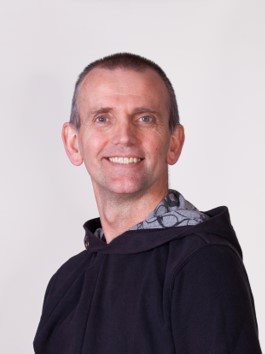
Peter Čerče, Science and Research Centre Koper, Slovenia
Peter Čerče holds a B.A. in Archaeology from the Faculty of Arts, University of Ljubljana.
Since 2003, he has headed the research library of the Science and Research Centre Koper (ZRS Koper). Since 2017, he’s heading the Centre for IT and Infrastructural Support to Research as well as the Infrastructure programme of ZRS Koper. As a librarian, he is interested in the opportunities that Open Access offers in managing research data. His daily tasks include informing researchers and other data users about the concepts behind FAIR Data.
He has a particular interest in research infrastructure and research data management. At the end of 2018, he was appointed Data Officer in the Horizon 2020 ORDP project Migrant Children and Communities in a Transforming Europe (MICREATE).
Lecture: Hands-on RDM and DMP in a research project examples. Challenges in social sciences and humanities
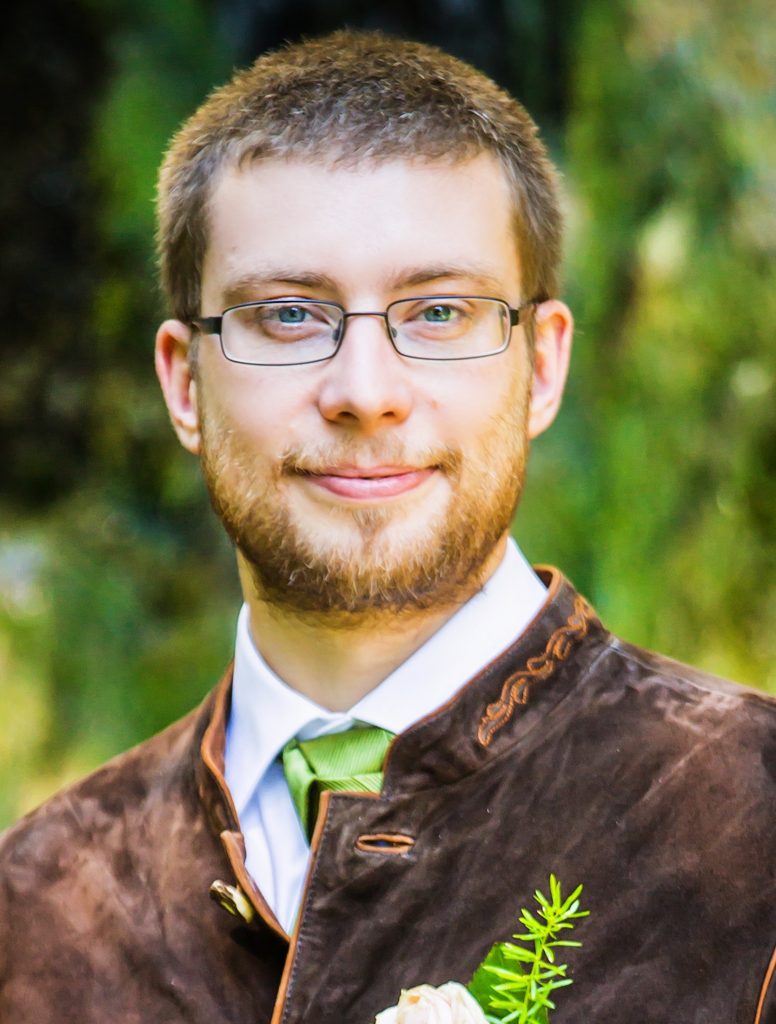
Sebastian Dahle, Biotechnical Faculty of the University of Ljubljana, Slovenia
Assist. Prof. Dr. Sebastian Dahle is Vice President of the European Council of Doctoral Candidates and Junior Researchers (Eurodoc). He works as a scientific associate and assistant professor at the Department of Wood Science and Technology, Biotechnical Faculty, University of Ljubljana. Further, he leads the Plasma Center at the Biotechnical Faculty, which was established in 2019. Besides the academic activities, Dr. Dahle is shareholder of the Plasma Green GmbH, a start-up company that is the outcome of a technology transfer he led in Germany.
Lecture: An early career researcher’s view on modern and open scholarship
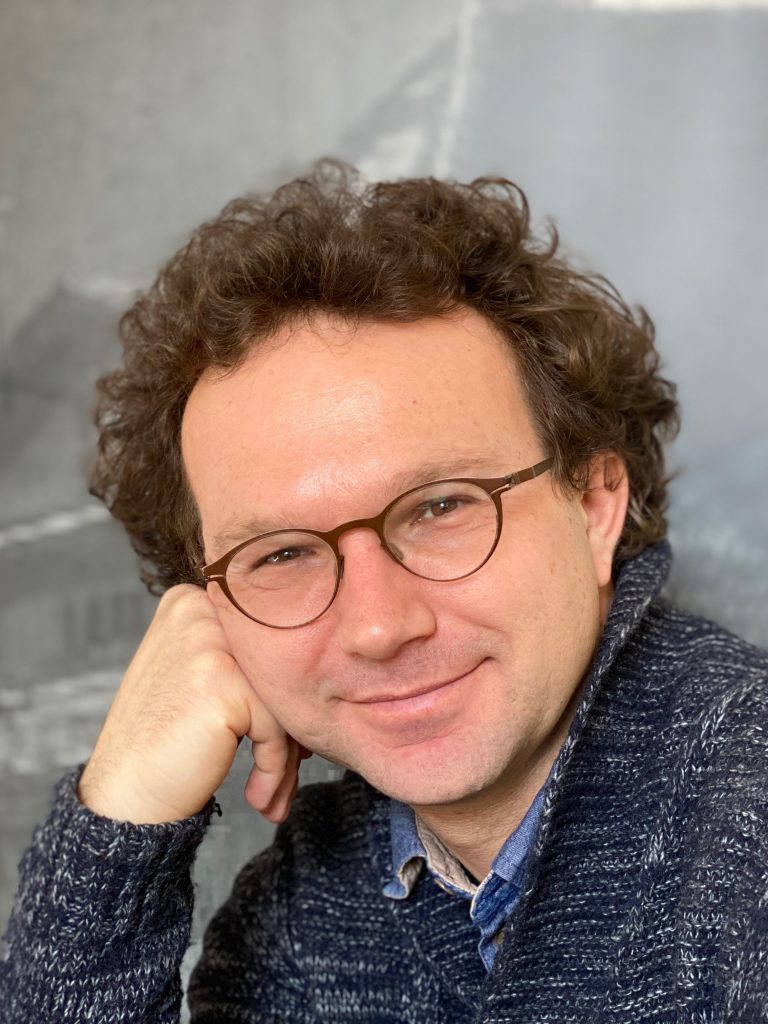
Sašo Dolenc, Slovenia
Dr. Sašo Dolenc is a science writer and a philosopher of science from Ljubljana, Slovenia. He studied physics and philosophy at University of Ljubljana. He is the head of the popular science website Kvarkadabra. His writings were published in the main national newspapers and magazines. He is also a member of the World Commission on the Ethics of Scientific Knowledge and Technology and the best Slovenian Communicator of Science for the year 2019.
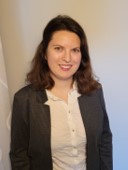
Danaja Fabčič Povše, Vrije Universiteit Brussel, Belgium
Danaja Fabcic Povse is a researcher and doctoral student at the Health and Aging Law Lab at the Vrije Universiteit Brussel, working on legal and ethical aspects of new technologies in the biomedical sector. Her PhD project tackles digital covid passes from the perspective of anti-discrimination and public health law. She holds an LLM in European business law (KU Leuven 2017) and a master’s degree in law (University of Ljubljana 2016); after graduation, she worked at the Centre for IT & IP Law on European projects in cybersecurity and data protection as legal and ethical support.
Lecture: Data management plan in the context of personal and sensitive data
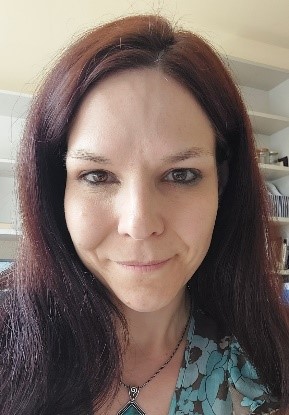
Judit Éva Fazekas-Paragh, University of Debrecen, Hungary
Judit Fazekas-Paragh is a research support librarian and currently the head of University Library Education and Research Support Department. Her primary work is to deepen open science guidelines at the national level. As an OpenAIRE NOAD and HUNOR working group coordinator, she aids Hungarian stakeholders to connect to the open science discourse of the European Union. Her responsibilities include expanding open access publishing, introducing FAIR principles and research data management, conducting related trainings, and support the development of open infrastructures. Related to her dissemination activities she regularly contributes in spreading information about Open Science and the cultural changes of scientific communication for the national audience by sharing updates within the framework of the Hungarian informational websites. She works on strengthening and promoting data management standards within the national RDA organization.
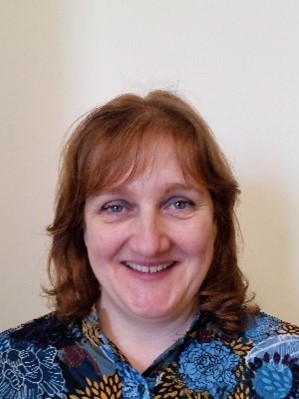
Edit Klára Görögh, University of Debrecen, Hungary
Edit Görögh is currently working as a Head of References at the University of Debrecen in Hungary. She is also involved in international projects, such as DaLiCo, RDA related HRDA and RDA Adoption. Her open science activity included a position as a project officer at the University of Göttingen in Germany for OpenUp (2016-19), an EU funded project which aimed at developing a cohesive framework for new methods, indicators and tools for peer review, dissemination of research results, and impact measurement. She has been involved in knowledge management and open access/science related programs for 15 years. Her open science advocacy work is enhanced by her PhD degree in communication from the University of Colorado at Boulder and her humanities background from the University of Debrecen.
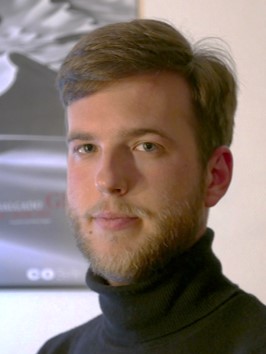
Aljoša Hafner, Elettra Sincrotrone Trieste, Italy
Aljoša Hafner started studying physics at University of Ljubljana and continued on a master’s programme at Freie Universitat Berlin, where he first got acquainted with scattering, the nanoscale and the large research facilities. After a brief stay in Belgium, he then continued to do a PhD in scattering on soft condensed matter at the Institut Laue-Langevin in Grenoble and Universite Libre de Bruxelles. Afterwards, while at CERIC-ERIC in Trieste, he contributed to the PaNOSC project (photon and neutron open science cloud). Currently, he works at Elettra Sincrotrone Trieste, focusing on scientific computing applied to computer tomography applications.
Lecture: Scientific data lifecycle at large multidisciplinary research institutes
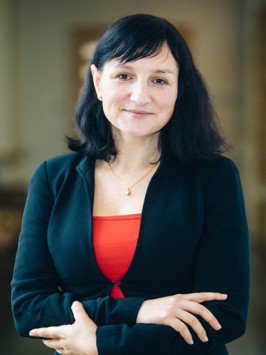
Janja Hojnik, University of Maribor, Slovenia
Janja Hojnik is former Vice-Rector of University of Maribor for Quality, HR and Legal Affairs (2018-2022), chair of the working group on the renewal of the UM Code of Ethics (2020-21). Doctor of Juridical Science with diplomas in law and economics and with State Juridical Exam, Full Law Professor of the University of Maribor, Faculty of Law and Jean Monnet Chair Professor of EU Law. Vice-Dean for Research and International Relations (2015-2018) and Head of Doctoral Programme (2016-2018) at Faculty of Law UM. Teaching and researching in the field of EU Law, member of the advisory board of a leading EU law journal (Common Market Law Review).
Lecture: Ethics and integrity in research
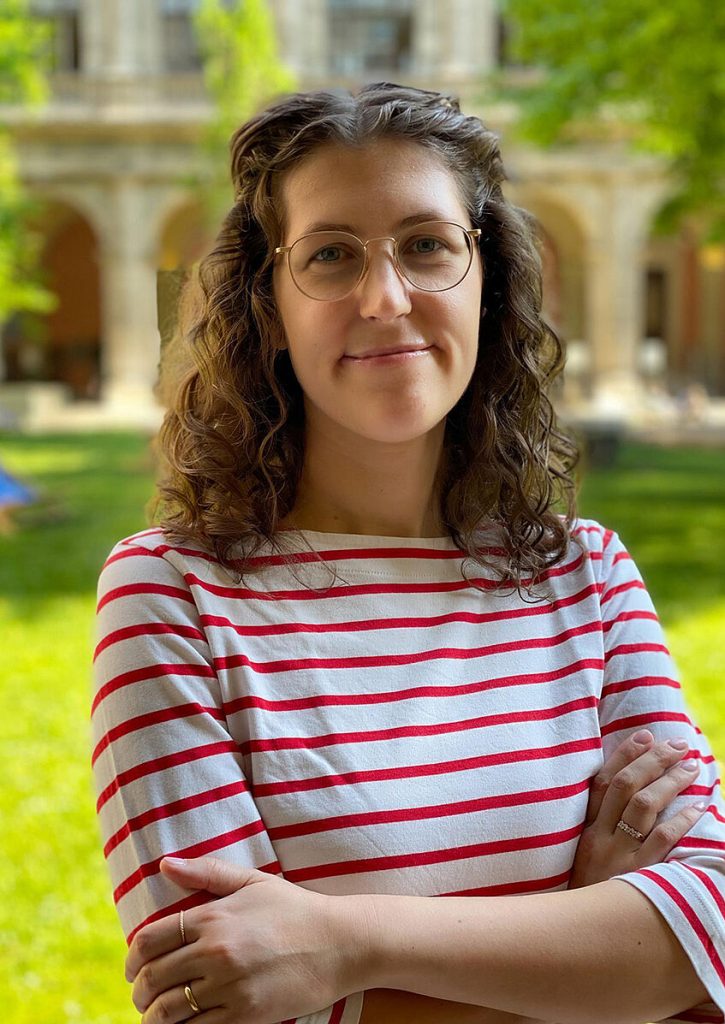
Tereza Kalová, Vienna University Library, Austria
With over ten years of experience in librarianship and education, Tereza Kalová currently coordinates the new data stewardship program developing innovative needs-based research data management and open knowledge services at the University of Vienna. Her work focuses on designing training courses for students and researchers as well as a two-semester certificate course “Data Steward” offered by the Vienna University Library. Tereza holds a Research Master’s degree in critical theory/children’s literature (University of Reading, UK) and an MA in Library and Information Science (Humboldt University of Berlin, Germany).
Lectures:
Unleash your data superpowers: a research data management workshop for superhero researchers, pt. I
Unleash your data superpowers: a research data management workshop for superhero researchers, pt. II
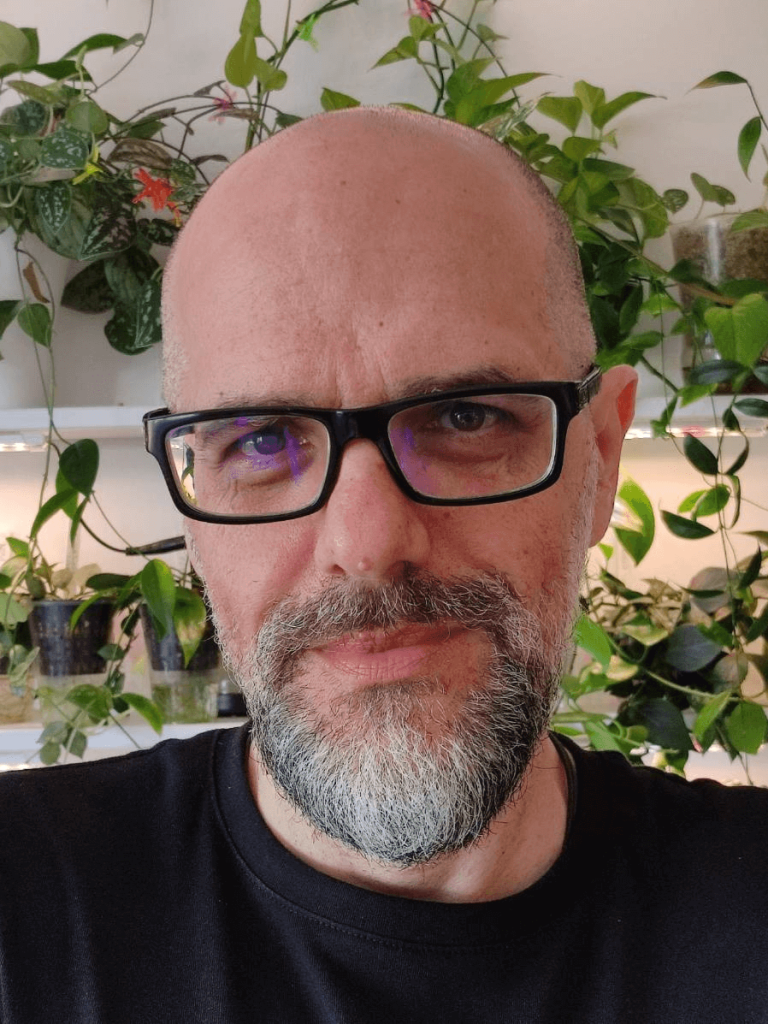
Dean Korošak, Vice-Rector for Science and Research, University of Maribor, Slovenia
Lecture: Welcome speech
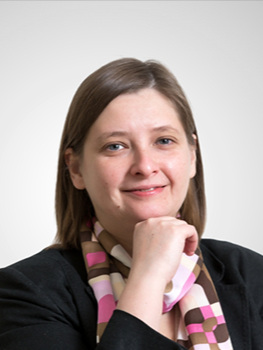
Iryna Kuchma, EIFL, Vilnius, Lithuania
Working in collaboration with library consortia in more than 50 countries in Africa, Asia and Europe, Iryna Kuchma advocates for open access to research results, facilitates the development and implementation of open science policies and infrastructures, and provides support and training. She sits on the boards of Confederation of Open Access Repositories, the Global Sustainability Coalition for Open Science Services and the Networked Digital Library of Theses and Dissertations. She also serves on the EOSC Association Data stewardship curricula and career paths Task Force and CODATA Policy and Legal Working Group. More details …
Lecture: Open Science – an introduction: How can I open my research?
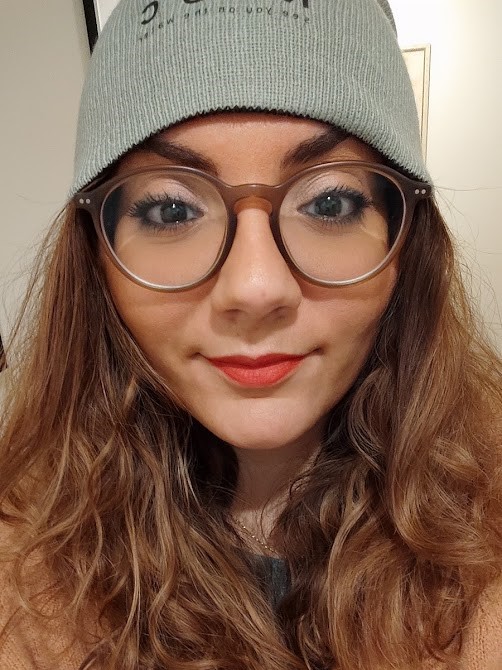
Paola Masuzzo, Open Science Advocate, IGDORE, Belgium
Paola Masuzzo has a PhD in Bioinformatics, and currently works as a data scientist in Belgium, where she lives. Masuzzo is an Open Science advocate and an independent researcher at IGDORE, where she advocates and fosters opening up research and knowledge. She’s a big fan of open data and Seinfeld, the series.
Lectures:
Open science principles and research data
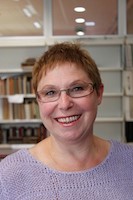
Renata Močnik, University of Maribor Library, Slovenia
Renata Močnik graduated from the Faculty of Civil Engineering, Transportation Engineering and Architecture at the University of Maribor and continued her studies at the Faculty of Economics and Business of the University of Maribor where she obtained her Master’s degree.
At the University of Maribor Library, she works as a subject specialist for the fields of natural sciences and technology at the Learning and Research Support Department. She is active in information literacy training of students and employees of the University of Maribor. As the administrator of the PATLIB center, she also supports users in intellectual property issues.
Lecture: Systematic literature review
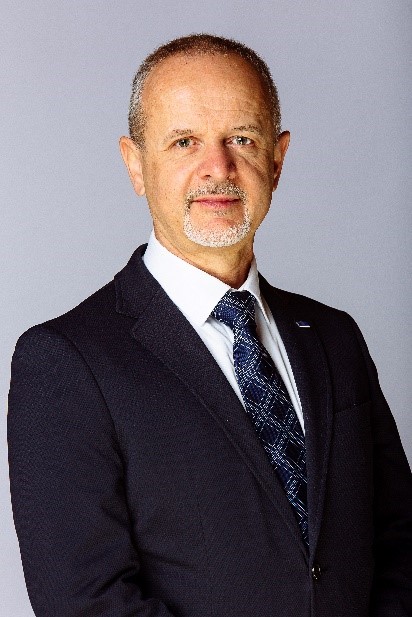
Zoran Ren, University of Maribor, Slovenia
Dr. Zoran Ren is a full professor of Mechanical Engineering at the University of Maribor. He received his bachelor’s and master’s degrees from the University of Maribor and a PhD from Swansea University, Wales, UK. His current research focuses on advanced computational materials engineering of cellular metamaterials and their comprehensive geometrical and mechanical characterisation and analysis using supercomputers. He is the Alexander von Humboldt Research Fellow (Germany) and has received the 21st Century CoE award from Osaka University (Japan). His ACE-X (Advanced Computational Engineering and Experimenting) team is actively collaborating with research institutions in Europe, Japan, China, the USA, and Australia. He is a member of the scientific boards of many international scientific conferences and an organiser of InCell and ESHP conferences. He was the Vice-President for Science and Research at the University of Maribor and the RIUM project leader during 2018-2022.
Lecture: Open access to research infrastructure at the University of Maribor for global benefit
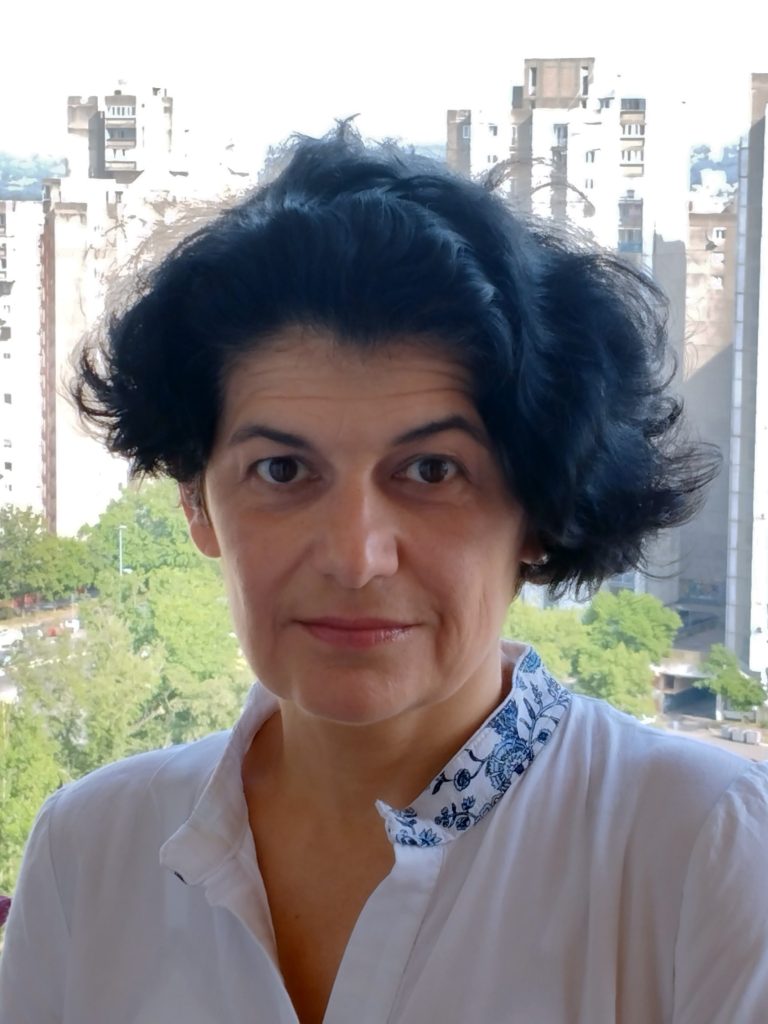
Milica Ševkušić, EIFL, Vilnius, Lithuania
Milica Ševkušić is a Project Coordinator at EIFL and a librarian at the Institute of Technical Sciences of the Serbian Academy of Sciences and Arts (Belgrade, Serbia). Her professional interests focus on Open Science, library services aimed at supporting research activities, training in academic services and tools, support to Open Access journals, information literacy and research ethics. More details …
Lecture: Open Science – an introduction: How can I open my research?
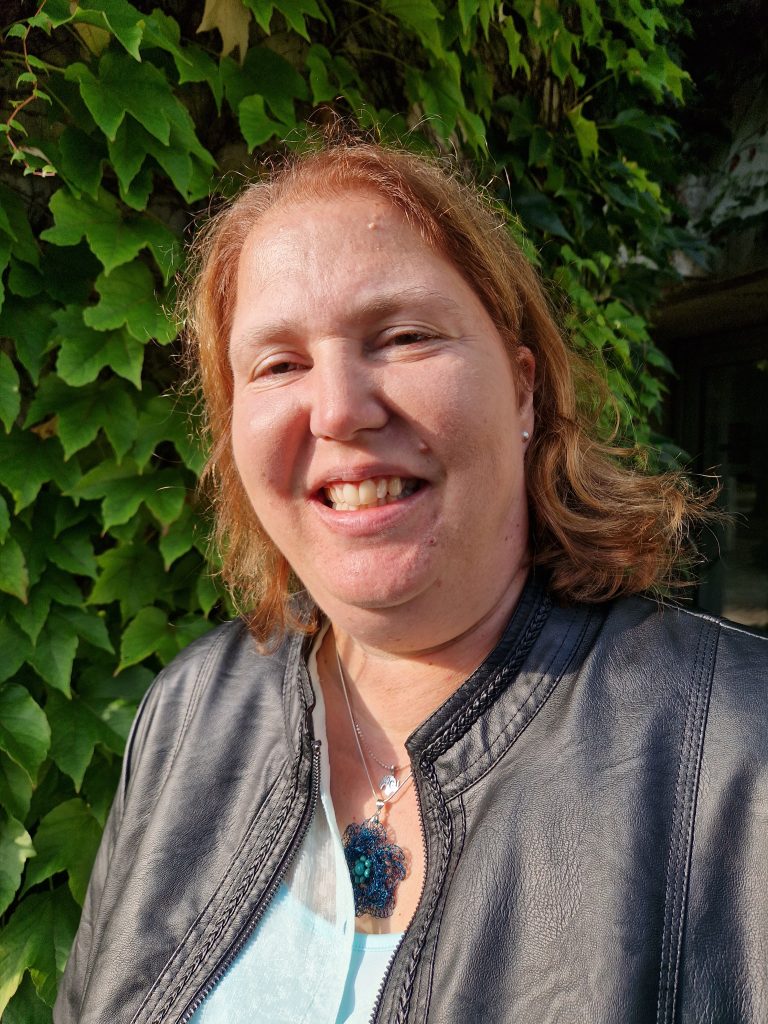
Irena Vipavc Brvar, Social Science Data Archives, Slovenia
Irena Vipavc Brvar holds an MSc degree in Statistics from the University of Ljubljana and is head of the department at the Slovenian Social Science Data Archives. With more than 20 years of experience in data publication processes, including RDM, she is regularly teaching about all aspects of data management. She is also the Training Working Group lead at the Consortium of European Social Science Data Archives (CESSDA).
Lectures:
Start your research by discovering best data and documentation
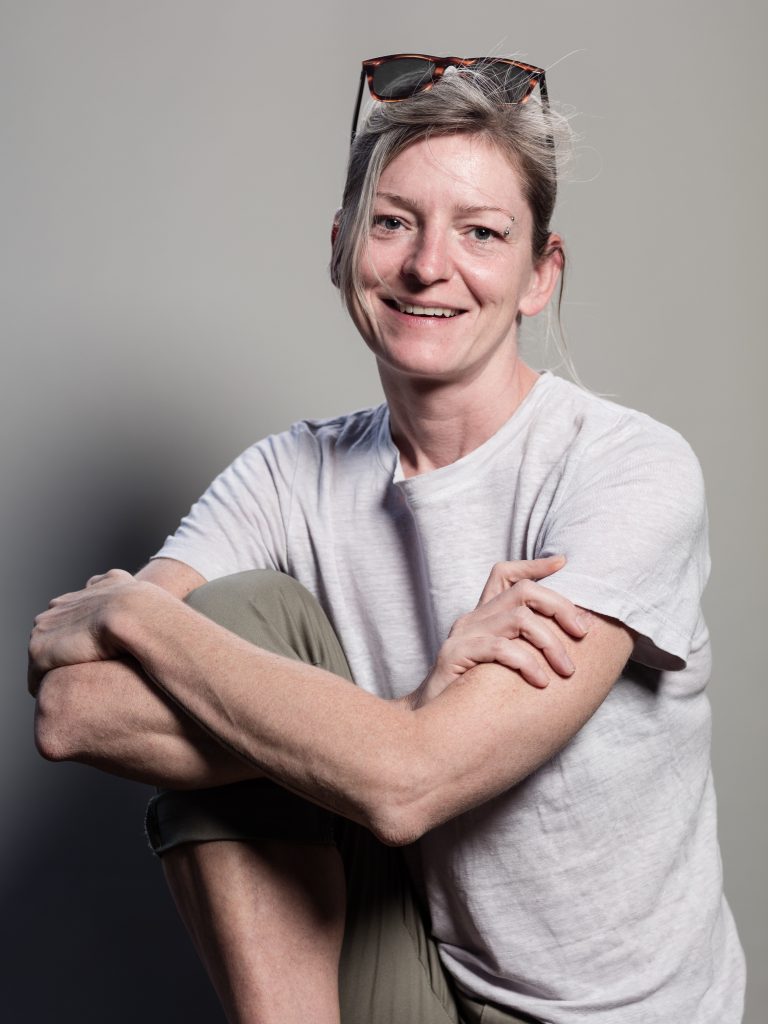
Maja Založnik, PhD, Sledilnik & IMAD, Slovenia
Maja is a former academic demographer turned data specialist. During the day she builds data pipelines at the Institute for macroeconomic analysis and development. At night is one of the lead data engineers at the Slovenian covid data tracker Sledilnik, an award winning grassroots project that represents the main source of pandemic-related data in the country. In addition to being an open data evangelist, some might also call her a data visualisation snob, although she prefers the term ‘connoisseur’.
Lecture: The power of open data: lessons from a pandemic data tracker

